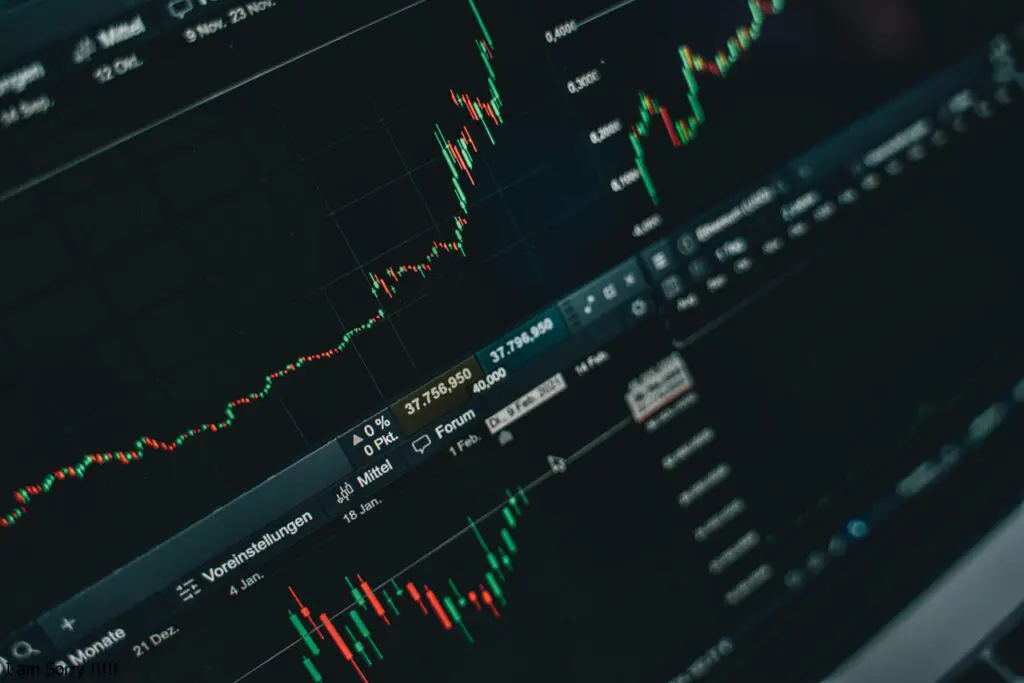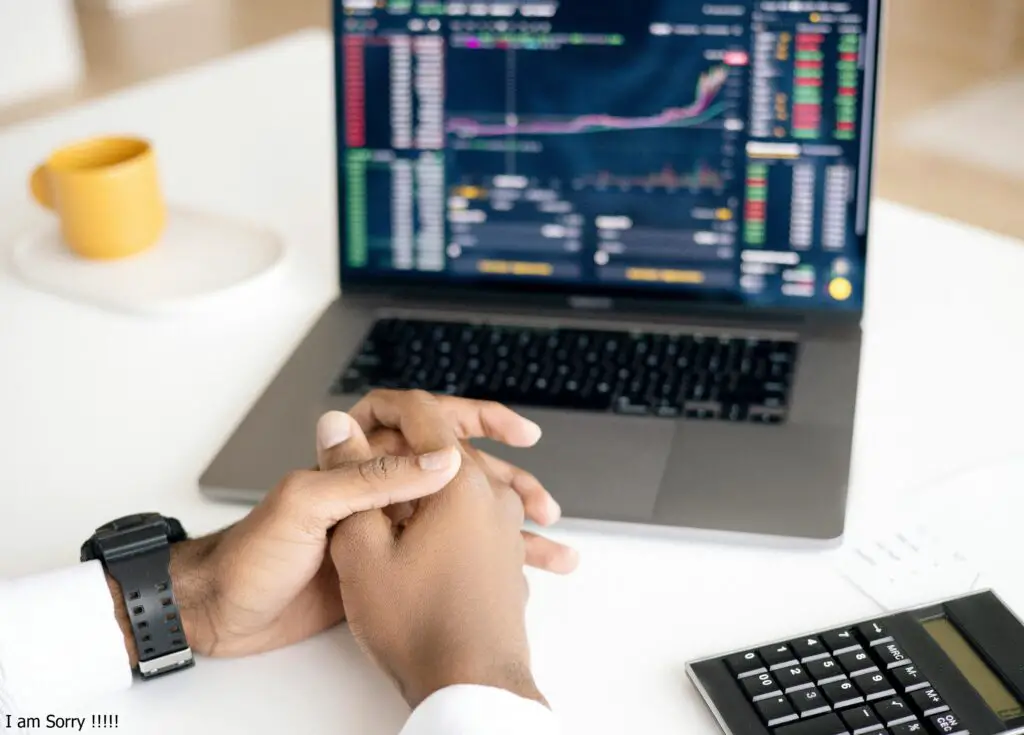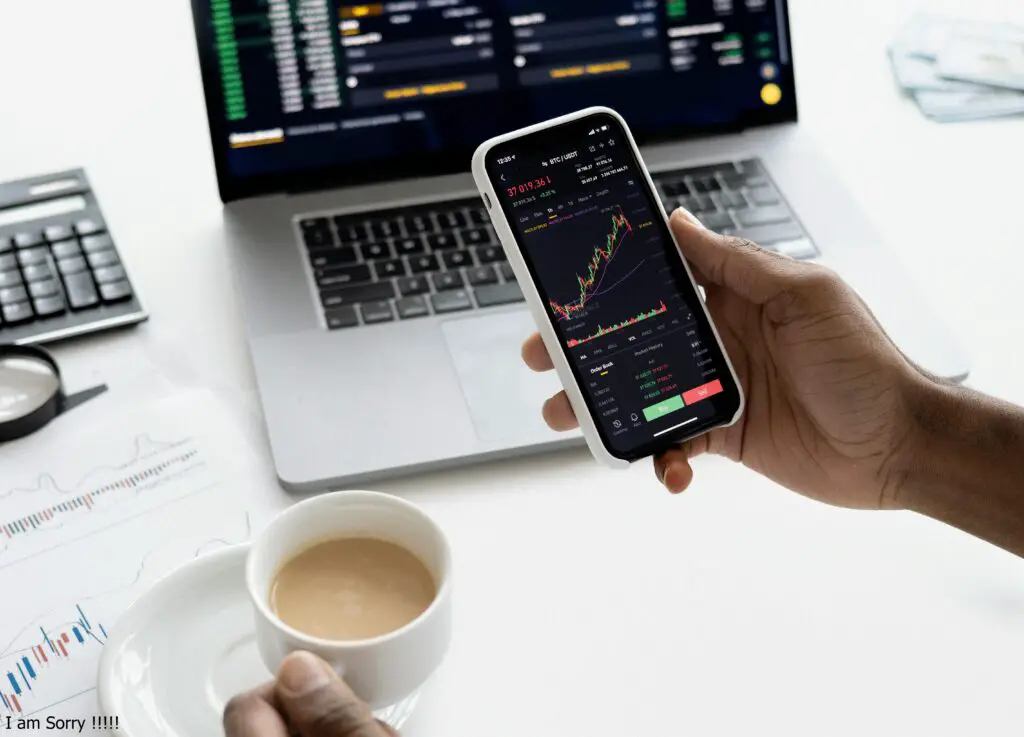“Foreign exchange trading,” or “Forex” is a free market where people worldwide can buy and sell currencies. It is its most important trading market, with trades worth more than $6 trillion daily. Because Forex is so involved, it can be challenging for new traders to get the hang of it. Knowing what one is doing and how to do it right can be worth it. The point of this in-depth guide is to give people who are new to Forex trading a solid base to start with.

Learn How to Trade Forex
Money can be purchased or sold in pairs, such as EUR/USD or GBP/JPY. Their exchange rate shows the value of the two currencies. Many things can cause the rate to change, such as economic data events and market opinion.
Setting Up an Account to Trade
Open an account with a reputable provider. This is the first thing that people who are new to Forex need to do. It is essential to look into and compare different brokers to find one with good spreads, good performance, and following the rules. After picking a broker, most people start an account by filling out an online form showing proof of who they are and depositing money.
Starting with the Basics
Before they trade with real money, people who are new to Forex should take the time to learn the basics. For example, you should learn words like “pips,” “lots,” and “leverage.” For that matter, you need to learn how to read price charts and exchange pairs. You can look for a lot of helpful information like lessons, educational parts, and demo accounts that brokers give.
Making a Plan for Trading
For forex trading to go well, each trader needs a clear plan to consider their goals, risk tolerance, and trading style. Beginners should try several strategies, such as trend tracking, range trading and breakout trading, to find the one that works best for them. Making a trading plan that includes rules for entering and leaving trades, ways to control risk, and criteria for evaluating trade opportunities is essential.

Dealing with Risk
Controlling your risks when trading Forex is essential, especially if you are a beginner. This means figuring out how much money to risk on each trade, staying away from situations with too much debt, and using stop-loss orders to limit losses. Also, traders just starting should not and should spread out their assets.
Getting Used to a Demo Account
Before losing real money, traders just starting should use a demo account their broker gives them. A demo account lets traders try out the difficult Forex market without taking risks. They can make trades using fake money. Beginners can then try out their trading skills without thinking about how it will affect their cash, and they gain valuable real-world experience.
Keeping Up With News
Foreign exchange markets are affected by many things, including events around the world, central bank policy, and economic factors. To keep up with changes in the market, beginners should monitor financial news, economic calendars, and research from reputable sources. Staying current on the news and knowing market trends can help you make intelligent trading decisions.
Self Control for Feelings
Controlling how others feel is a big task for people new to the Forex market. Fear, greed, and impatience can all hurt your trading success by making you make bad decisions. To build emotional discipline, you must set reasonable goals, stick to a trading plan, and keep your emotions from getting in the way when the market changes. Consistency and patience are two essential traits for successful Forex dealing.

Learning and Getting Better All the Time
You can always find something new to learn when you trade Forex because the market is constantly changing. New traders should see it as a way to keep learning and improve. For this, you need to look at past trades to see what worked and what did not follow market changes and trends and adapt your trading methods as required. Forex beginners’ chances of long-term success are better if they spend money to learn more and get better at what they do.
Different Types of Analysis: Technical and Fundamental
People who are new to Forex Trading often have to choose between fundamental analysis and elemental analysis. Looking at past price data and chart trends determines how prices will move. Fundamental analysis looks at economic data, central bank policies, and events in world politics to determine how much a currency is worth. The pros and cons of each method are different, and many great traders use a mix of the two to make intelligent trading decisions. Start-up traders should look at both options and pick the one that works best for them and their trading style.
How to Pick the Best Trading Platform
That way, new traders can make deals quickly and easily. They need to pick the right buying site. With advanced charting tools, market information that is updated in real-time, and smooth order execution, a trading program should be easy to use. What else should beginners think about? How stable is the platform? How good is the customer service? Does it work with their devices? Many companies have trading systems, but some also work with third-party ones. For example, many Forex traders use Metaorder 4 or 5 (MT4 or MT5) worldwide.
Getting into the Mindset of Trading
The mental side of the trade is significant for people just starting. Thinking straight and making quick decisions can be challenging when you are scared, greedy, or unsure of yourself. To have a good trading plan, you must control your emotions, follow through, and be firm when you win and lose. New traders should not attempt to make quick money or trade to get back at people who have lost money. They should learn to be patient. Buyers stay calm and focused when the market is volatile.
In Conclusion
Making trades in Forex is a fun way for new players to get into what is currently the most significant financial market. People new to Forex trading can feel comfortable if they know the rules, make a trading plan, deal with risk, and keep up with the market. Beginning traders can reach their trade goals and become financially independent in the Forex market if they are committed, disciplined, and keep learning. The road to success may be rocky at times.
